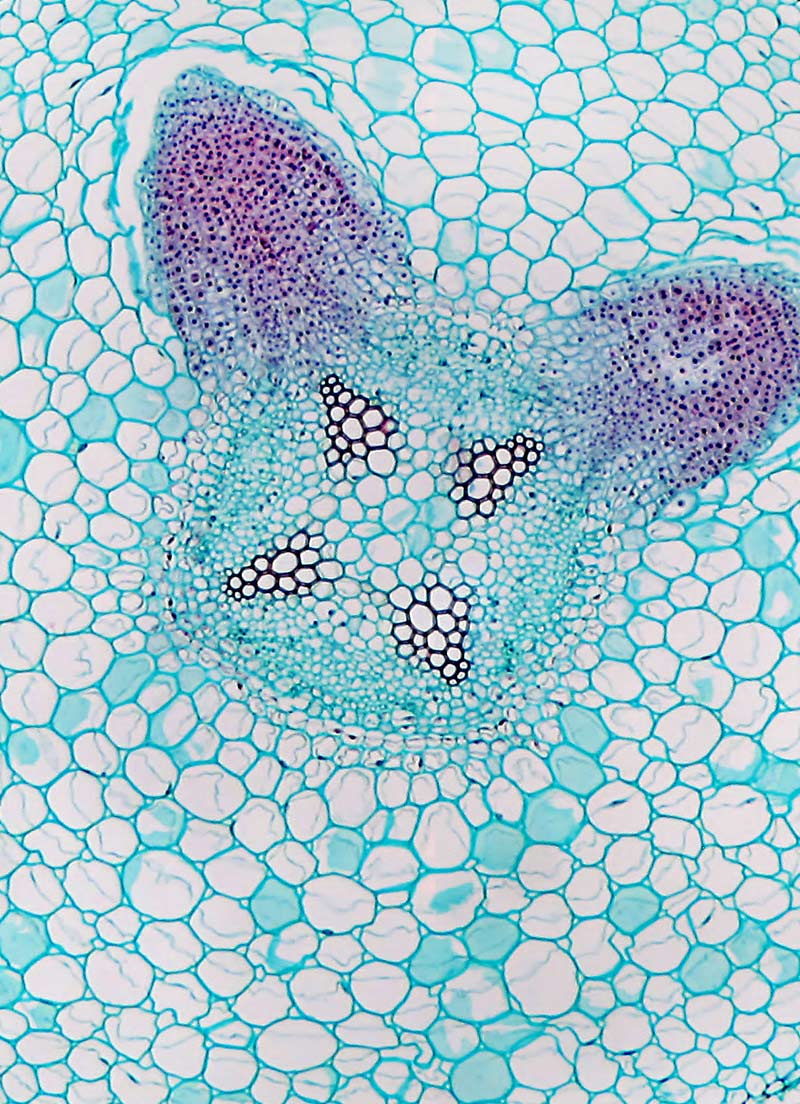
Getting AI to Reason: Using Neuro-Symbolic Question Answering
Integrating Neuro-Symbolic Methods in AI
The integration of neuro-symbolic methods in AI represents a significant leap forward in artificial intelligence. By combining the strengths of neural networks with symbolic reasoning, researchers are developing systems that can understand and process complex queries more effectively. This approach leverages the pattern recognition capabilities of neural networks and the logical structuring of symbolic AI to create more robust and versatile question-answering systems.
Bridging Data-Driven Learning and Rule-Based Reasoning
Neuro-symbolic AI aims to bridge the gap between data-driven learning and rule-based reasoning. Traditional neural networks excel at handling large datasets and identifying patterns, but they often struggle with tasks that require logical inference or understanding of abstract concepts. On the other hand, symbolic AI can manage these tasks but lacks the adaptability and learning capabilities of neural networks. By merging these two approaches, neuro-symbolic AI can provide more accurate and context-aware responses.
Ground-breaking medicines
Medical science is evolving at an unprecedented pace, introducing ground-breaking medicines that are transforming the landscape of healthcare. These innovations are not only enhancing the quality of life for millions but are also paving the way for a healthier future.
Revolutionizing Treatment Protocols
Recent advancements have led to the development of new therapies that target diseases at a molecular level, offering more precise and effective treatment options. For instance, personalized medicine is becoming a reality, where treatments are tailored to an individual’s genetic profile, reducing side effects and increasing efficacy.


New age of biological alchemy
Aenean et tortor at risus viverra adipiscing at. Eu lobortis elementum nibh tellus molestie nunc non blandit massa. Diam phasellus vestibulum lorem sed risus ultricies tristique nulla. Nec tincidunt praesent semper feugiat nibh sed pulvinar proin gravida. Netus et malesuada fames ac turpis egestas maecenas pharetra convallis. Sed lectus vestibulum mattis.
1. Drug discovery
Medical science is evolving at an unprecedented pace, introducing ground-breaking medicines that are transforming healthcare. These innovations enhance life quality and pave the way for a healthier future. Recent advancements have led to new therapies targeting diseases at a molecular level, offering precise and effective treatment options, with personalized medicine becoming a reality.
2. Neural implant
Biotechnology has revolutionized the pharmaceutical industry. Techniques like CRISPR and gene therapy provide new hope for patients with genetic disorders, enabling scientists to edit genes and potentially cure diseases once deemed untreatable.
What the future holds for us
Nanotechnology improves drug delivery systems, targeting specific cells and improving medication absorption. Fighting antibiotic-resistant strains, researchers develop new antibiotics and alternative therapies, ensuring we stay ahead in combating infectious diseases. The future looks promising with ongoing research exploring new medical frontiers, from stem cell therapy to regenerative medicine. Another pressing challenge in modern medicine is the rise of antibiotic-resistant strains of bacteria. As bacteria evolve and adapt, traditional antibiotics become less effective, posing a significant threat to public health. Researchers are developing new antibiotics and alternative therapies to combat these resistant strains. These include phage therapy, which uses bacteriophages (viruses that infect bacteria) to target and destroy harmful bacteria, and antimicrobial peptides that can disrupt bacterial membranes. These innovative approaches are crucial in ensuring that we remain ahead in the fight against infectious diseases. The future of medicine is incredibly promising, with ongoing research exploring new frontiers. Stem cell therapy is one such area, offering the potential to regenerate damaged tissues and organs. This could lead to breakthroughs in treating conditions such as heart disease, spinal cord injuries, and neurodegenerative disorders. Regenerative medicine, which involves the use of stem cells, tissue engineering, and biomaterials, aims to restore normal function to damaged tissues and organs. This field holds the promise of curing previously incurable conditions, significantly improving patients' quality of life.

Final thoughts
Moreover, advances in genomics and personalized medicine are transforming how we approach disease treatment and prevention. By understanding an individual’s genetic makeup, healthcare providers can develop tailored treatment plans that are more effective and have fewer side effects. This personalized approach to medicine is set to revolutionize healthcare, making it more precise and patient-centered.
Overall, the future of medicine is bright, with numerous groundbreaking advancements on the horizon. These innovations are set to transform healthcare, offering new hope for patients and improving health outcomes worldwide.



Leave a Reply